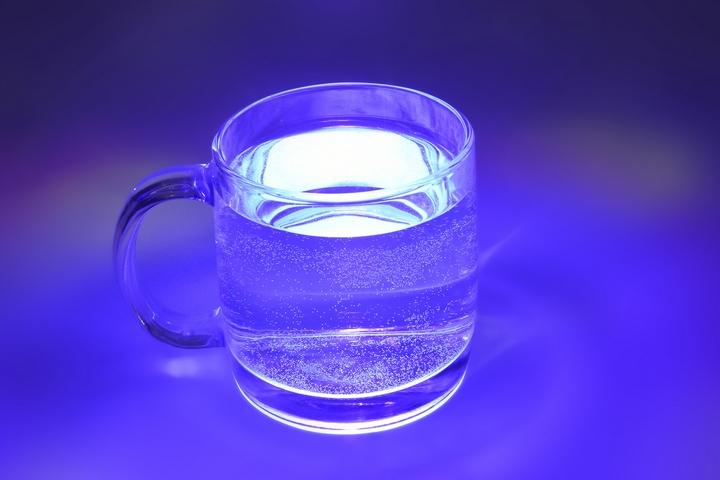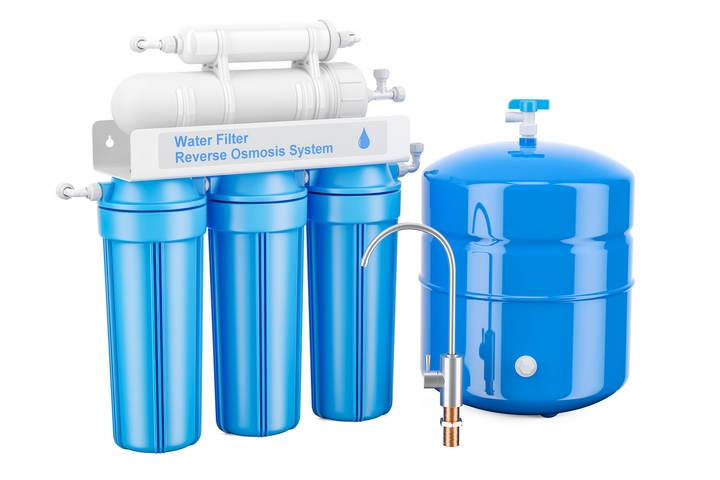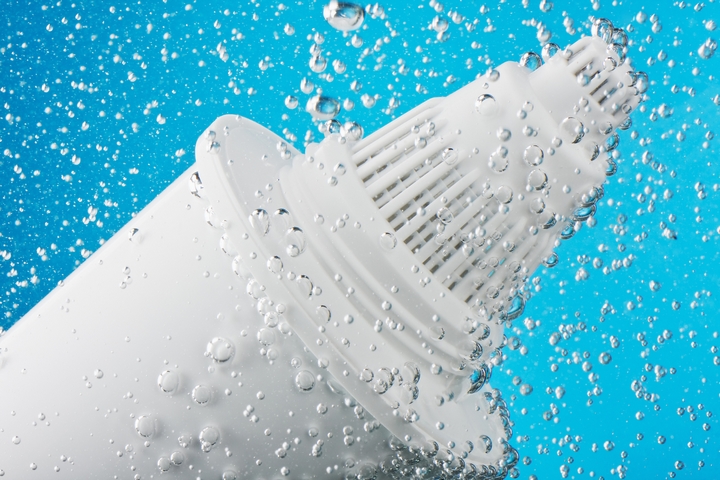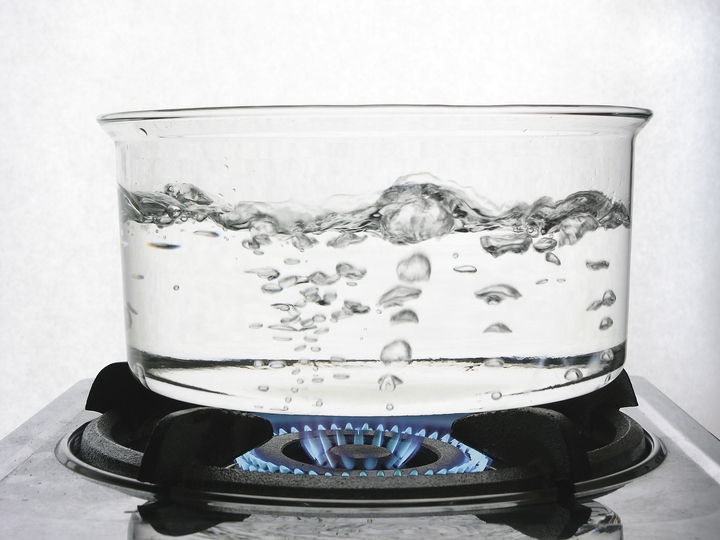There are many different systems available to help you improve the quality of your water. Water treatment systems can make your water taste better and support your appliances and plumbing in lasting longer.
If you have especially hard water in your area, it’s worth investing in a water treatment system since its a quick and easy way to improve your water quality. Tap water can contain sediment, chemicals and various impurities that affect the taste and smell of your water. This blog post looks at the distinct types of water treatment systems and what they can do for you!
1. Ultraviolet Filter

Ultraviolet filters use UV rays to kill microorganisms in water. Ultraviolet filters use special lamps that emit ultraviolet light at a frequency of around 250 nanometers. Ultraviolet filters are notoriously effective and destroy 99.99% of microorganisms. This type of water purification system is environmentally friendly since the process is chemical free and it doesn’t create any disinfection byproducts. Unlike other water purification systems, ultraviolet filters only remove microorganisms. UV filtered water still contains minerals commonly found in water.
2. Reverse Osmosis Filters

Reverse osmosis is a process that reduces the amount of dissolved ions from water. Reverse osmosis uses pressure to force water through a membrane which traps the majority of dissolved materials. The membrane used in reverse osmosis filters diffuses water molecule-by-molecule resulting in a pure final product. Reverse osmosis water is excellent for people with weakened immune systems such as cancer patients. Untreated water may contain harmful microorganisms that can cause infection and other health problems.
3. Carbon Filtration

Filtering your water through carbon filter is an excellent way to eliminate contaminants. Carbon is frequently used to absorb chlorine and similar chemicals from water in city systems. Carbon filtration is excellent for removing organic contaminants that threaten your health and well being. Similar to UV filtration, carbon filtration keeps the mineral salts in water. Carbon filtration is an excellent natural way to take an extra step and ensure your drinking water is safe. Activated carbon filters are great for getting rid of chemicals used in the sanitation process for your city’s water system.
4. Distillation

Distillation involves turning water into vapor to eliminate the metals and then cooling and condensing the vapor back into water. Most filtration systems remove minerals from the water; however, distillation removes the water from the minerals. Distilled water passes multiple evaporation/condensation cycles until it contains almost zero dissolved solids. Distillation isn’t practical for home use since it takes a large amount of energy to produce a small amount of water. Most bottled water is distilled in large factories.
5. Why Is Soft Water Important?

Water with high concentrations of minerals is known as hard water. Hard water leaves behind mineral deposits on your heaters, washing machine and around your drains. When hard water deposits build up in your hot water tank, it takes more energy for your tank to do the same job. The same theory applies to any appliance that uses hard water in your home. By investing in the above water purification systems, you get water that tastes and smells better and saves you money.
All in all, investing in water purification systems is to your benefit. Using soft water allows your appliances to operate efficiently and tastes better than water full of contaminants. Water purification systems are also excellent for filtering invisible chemicals and microorganisms out of your tap water. Purifying your water is an excellent way to invest in the longevity of your appliances, your health and overall quality of life.

